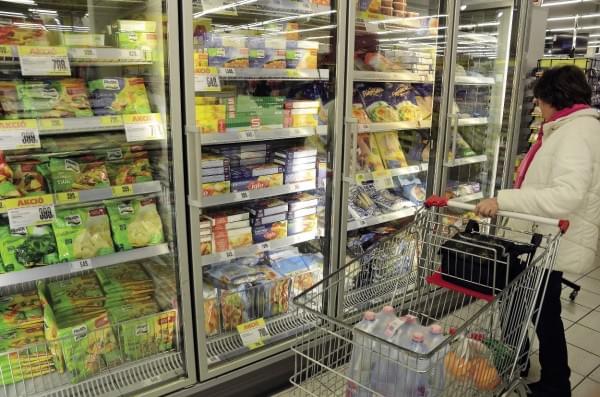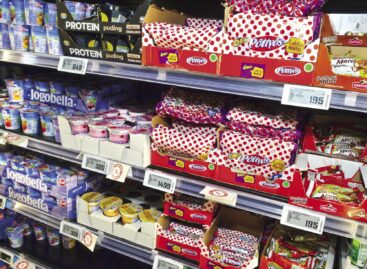Magazine: Shops unable to pay 100 percent higher rates shouldn’t open on Sundays?
The National Trade Association (OKSZ) opines that it was a good decision to pay 50 percent higher rates to Sunday workers – things are now just like they used to be. OKSZ strongly disagrees with what a representative of the National Association of Entrepreneurs and Employers (VOSZ) said on 17 May, namely that ‘shops unable to pay 100 percent higher rates shouldn’t open on Sundays.’ In a sense shops are forced to open on Sundays if their competitors do so. However, Sunday trading isn’t always profitable for retailers.
Last year 3,000 stores closed for good – mainly small shops – and in the last decade 25,000 retail outlets went out of business. For small shops it is actually a great financial burden to pay 50 percent higher rates to those working on Sundays. From January to December 2015 gross wages grew from HUF 182,000 to HUF 198,000 for those working in shops. It is easy to imagine that having to pay 100 percent higher rates on Sunday would be financially unbearable to a large number of stores; the smaller the shop, the bigger this burden would be.
The recent recommendation of two trade unions and VOSZ has said that ‘the extra pay for Sunday work in retail has reduced to the 50-percent level of before 15 March 2015.’ As a matter of fact, when Sunday trading was banned, those working in shops – that were allowed to be open on Sundays 5 times a year – got 100 percent higher rates on these days only, in other cases the extra pay was 50 percent.
Related news
Related news
A stable compass in the Hungarian FMCG sector for 20 years
🎧 Hallgasd a cikket: Lejátszás Szünet Folytatás Leállítás Nyelv: Auto…
Read more >Half of employees do not support salary transparency
🎧 Hallgasd a cikket: Lejátszás Szünet Folytatás Leállítás Nyelv: Auto…
Read more >





